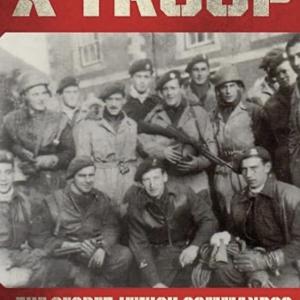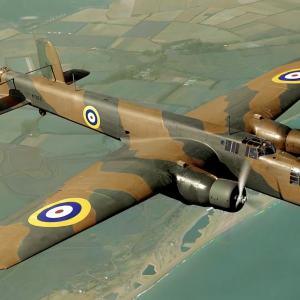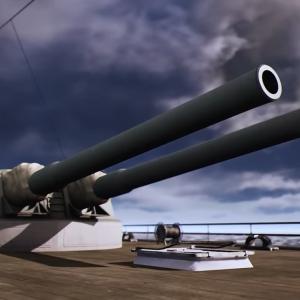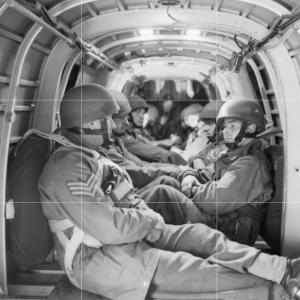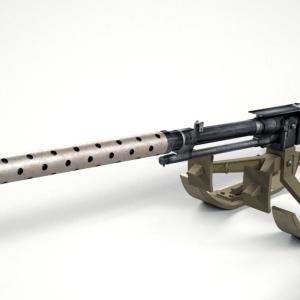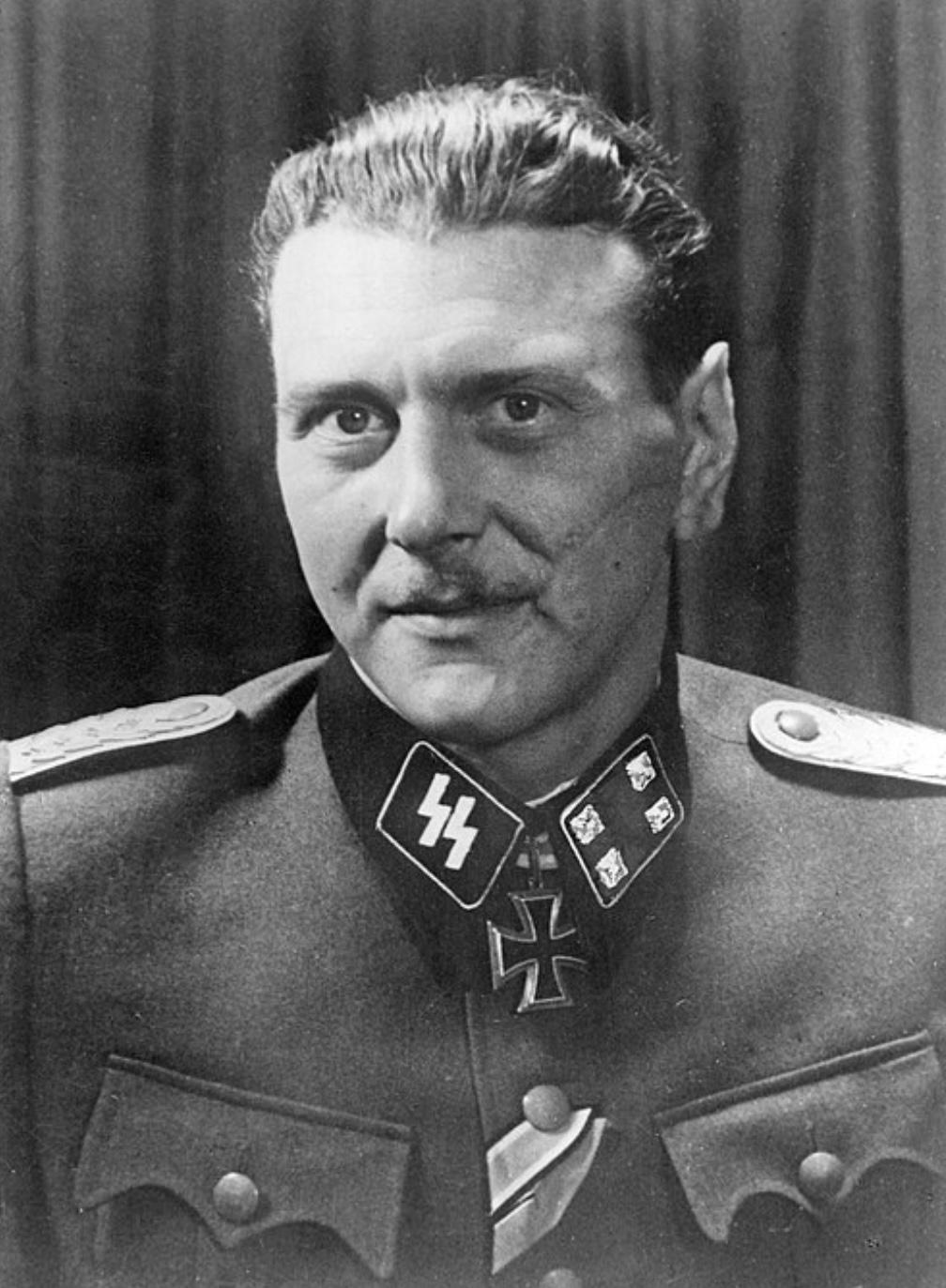
Otto Skorzeny
Otto Skorzeny was one of Nazi Germany’s most enigmatic and daring military figures, remembered both for his audacious exploits during World War II and the distinctive facial scar that added to his fearsome reputation. Born on June 12, 1908, in Vienna, Austria, Skorzeny came from a middle-class family with strong German nationalist leanings. He studied engineering at the University of Vienna, where he also developed a passion for fencing—a sport that would later leave a lasting mark on his appearance and identity.
It was during his time as a student that Skorzeny received the dueling scar that would become one of his most recognizable features. In the traditional fencing duels practiced among certain university fraternities, known as Mensur, participants stood almost motionless while slashing at one another’s unprotected faces with sharp swords. The purpose was not victory but the display of courage and resilience. Skorzeny, a proud member of a nationalist dueling fraternity, received a deep gash running down his left cheek during one such duel. Rather than concealing it, he wore the scar as a badge of honor, and it would later help cultivate the image of a hardened and ruthless commando in the eyes of both allies and enemies.
Although he trained as a civil engineer, Skorzeny joined the Austrian branch of the Nazi Party in the early 1930s and became an ardent supporter of the unification of Austria with Nazi Germany. When the Anschluss occurred in 1938, he fully embraced the regime and enlisted in the Waffen-SS. His military career began relatively late, at the age of 31, but he quickly distinguished himself through his energy, initiative, and fervent ideological commitment. Initially serving on the Eastern Front, he participated in the invasion of the Soviet Union in 1941 and saw action with the 2nd SS Panzer Division, "Das Reich." However, he suffered injuries and was withdrawn from frontline service, setting the stage for a dramatic shift in his military role.
Skorzeny's rise to fame came in 1943 with the dramatic rescue of Benito Mussolini. After the Italian dictator was overthrown and imprisoned by his own government, Hitler personally assigned Skorzeny to lead the mission to free him. Mussolini was eventually located at the Hotel Campo Imperatore, perched atop the remote Gran Sasso mountain. On September 12, 1943, Skorzeny led a glider assault with a team of commandos, landing directly outside the hotel. The Italian guards were taken by surprise, and the operation was completed without a single shot fired. Skorzeny personally escorted Mussolini to a waiting aircraft, returning him safely to German territory. The mission was a major propaganda success and turned Skorzeny into a Nazi hero overnight.
From that moment on, he became Hitler’s favored agent for special missions and was frequently called upon for high-risk operations. In 1944, he was again at the center of a covert mission during the Battle of the Bulge. He led Operation Greif, an infiltration campaign in which German soldiers dressed in American uniforms were sent behind Allied lines to spread confusion and disrupt communications. Though the mission was only partially successful and several of his men were captured and executed as spies, it added to his legend and deepened Allied suspicion and fear of German unconventional warfare tactics.
Despite the collapse of the Third Reich in 1945, Skorzeny managed to avoid execution. He was tried at the Dachau Trials for violating the laws of war, but was acquitted in 1947. In a surprising twist, a British officer testified that Allied forces had planned similar deception operations, contributing to his defense. After escaping from a detention camp in 1948, he fled to Spain, where he lived under the protection of Francisco Franco’s regime. Over the following decades, Skorzeny remained a shadowy figure in international intrigue, allegedly involved in arms deals, advising foreign governments, and even working with Israeli intelligence at one point, although the extent and truth of his postwar activities remain the subject of speculation.
Otto Skorzeny died of cancer in Madrid in 1975. To this day, he remains a controversial figure—viewed by some as a skilled and daring commando, and by others as a dangerous ideologue and Nazi loyalist. The scar on his face, earned in a youthful duel, became a symbol of the man himself: bold, brutal, and unrepentant.

